
Leeds expert joins Government bird flu task force
A Government task force set up to find new ways to contain outbreaks of bird flu will feature expertise from the University.

A Government task force set up to find new ways to contain outbreaks of bird flu will feature expertise from the University.
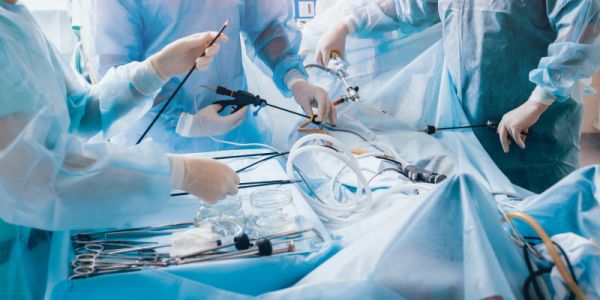
Urgent action is needed to clear the backlog of people with a common heart condition waiting for life-saving treatment, according to new research.
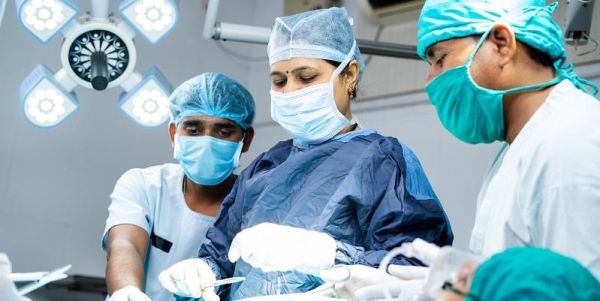
Medical equipment that can be manufactured at low cost and easily maintained will help extend surgery to the five billion people worldwide who currently cannot get access to it, say researchers.
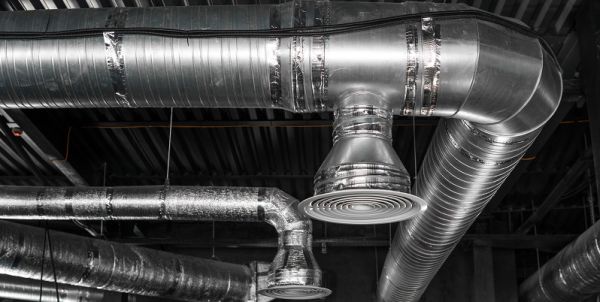
Air quality inside buildings and on transport systems should be improved to reduce the impact of future pandemics or the spread of flu and other infectious diseases, say engineers and scientists.
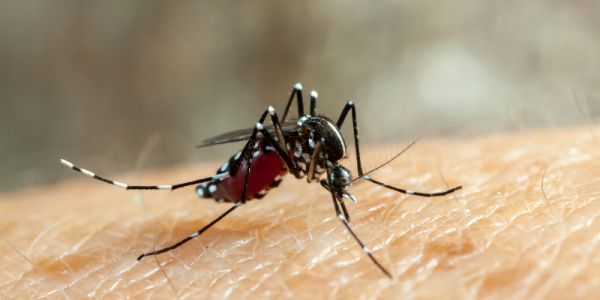
A molecule in mosquito saliva has been identified as a potential target for vaccination against a range of diseases for which there is no protection or medicine.

A major study has revealed the global collateral damage caused by the disruption to cardiac services from the COVID-19 pandemic.

Scientists plan to develop technology to isolate and extract fragments of a "rogue" protein linked to diabetes.

As the number of COVID-19 cases across the UK fall, head teachers are being urged to retain measures to keep classrooms well ventilated.

A training programme to help teenagers say “No” if they are offered a cigarette or asked to vape is being offered to schools under a licensing deal signed by the University.
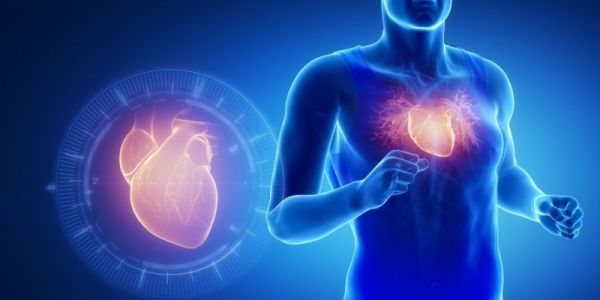
New research will monitor the heartbeats of more than 100 athletes over two years to measure how endurance exercise impacts their heart.